Read here to explore research and clinical writing regarding clinical high risk for psychosis and other psychosis-related topics.
Websites
- General Information
- RAISE Early Treatment Program
- Information for Providers including manuals and guidelines to treatment resources
- Society of Clinical Psychology – Evidence-Based Treatments
- Society of Clinical Psychology – Family Treatments for Bipolar Disorder
- Society of Clinical Psychology – Family Treatments for Schizophrenia
- Relevant research on early intervention/prevention:
- Perspective on Healthcare System from Former Legislator and Father
- For Medication Information
- Free Video Presentation Available Online
- Promoting Emotional Health on Campuses
Books and Articles
- General Information
- Amador, X. (2000). I Am Not Sick, I Don’t Need Help! How to Help Someone with Mental Illness Accept Treatment. Peconic: Vida Press.
- Iati, C.A. & Waford, R.N. (2015). The Psychosis Response Guide: How to Help Young People in Psychiatric Crises. Springer Publishing Company.
- Li, H., Pearrow M., & Jimerson S. (2010). Assessing, identifying, and treating early onset schizophrenia at school. Springer Publishing Company.
- Mueser, K.T. & Gingerich, S. (2006). The Complete Family Guide to Schizophrenia: Helping Your Loved One Get the Most Out of Life. New York: Guilford Press
- Temes, R. (2002). Getting Your Life Back Together When You Have Schizophrenia. New Harbinger Publications.
- Torrey, E.F. (1995). Surviving Schizophrenia: A Manual for Families, Consumers, and Providers. New York: Harper Collins Publishers, Inc.
- Selected Literature on Family Therapies for Psychosis
- Dixon, L., Adams, C. & Lucksted, A. (2000) Update on family psychoeducation for schizophrenia. Schizophrenia Bulletin, 26(1), 5-20.
- McFarlane, W.R. (2002). Multifamily groups in the treatment of severe psychiatric disorders.New York: Guilford.
- Miklowitz, D. J., & Goldstein, M. J. (1997). Bipolar Disorder: A Family-Focused Treatment Approach. New York, NY: Guilford Publications.
- Mueser, K.T. & Glynn, S.M. (1999). Behavioral Family Therapy for Psychiatric Disorders.Oakland, CA: New Harbinger Publications.
- Selected Literature on Individual Treatments for Psychosis or Risk
- French, P., & Morrison, A.P. (2004). Early Detection and Cognitive Therapy for People at High Risk of Developing Psychosis: A Treatment Approach. West Sussex: John Wiley and Sons, Ltd.
- Morrison, A.P., French, P., Parker, S., Roberts, M., Stevens, H., Bentall, R.P. & Lewis, S.W. (2007). Three-Year Follow-up of a Randomized Controlled Trial of Cognitive Therapy for the Prevention of Psychosis in People at Ultrahigh Risk. Schizophrenia Bulletin, 33(3): 682-7.
- Morrison, A.P. (2003). A Casebook of Cognitive Therapy for Psychosis. New York: Brunner-Routledge.
- Selected Literature on Medications
- Marder, S.R., Essock, S.M., Miller, A.L., Buchanan, R.W., Davis, J.M., Kane, J.M., Lieberman, J., Schooler, N.R. (2002). The Mount Sinai conference on the pharmacotherapy of schizophrenia. Schizophrenia Bulletin, 28(1);5-16.
- Sachs, G.S., Printz, D.J., Kahn, D.A., Carpenter, D., Docherty, J.P. (2000). The Expert Consensus Guideline Series: Medication Treatment of Bipolar Disorder.
